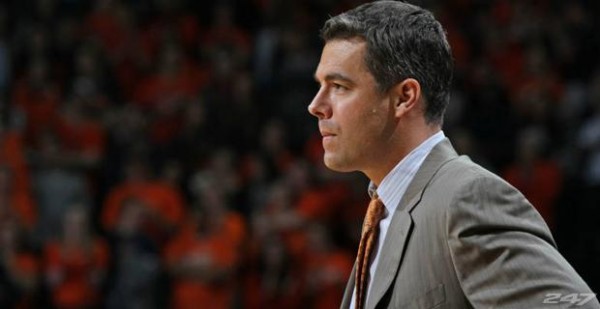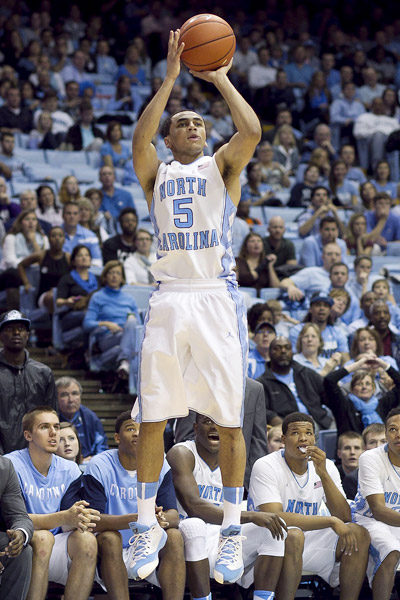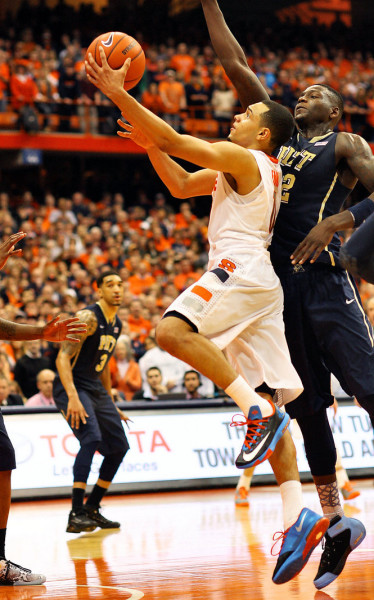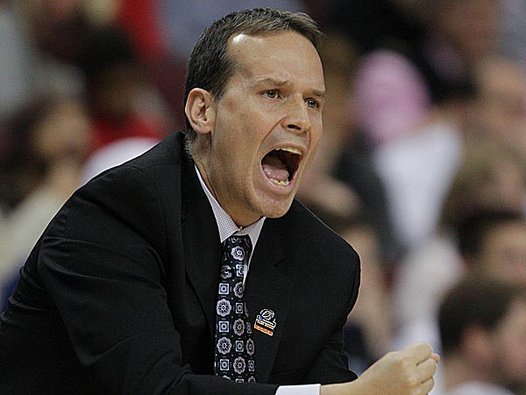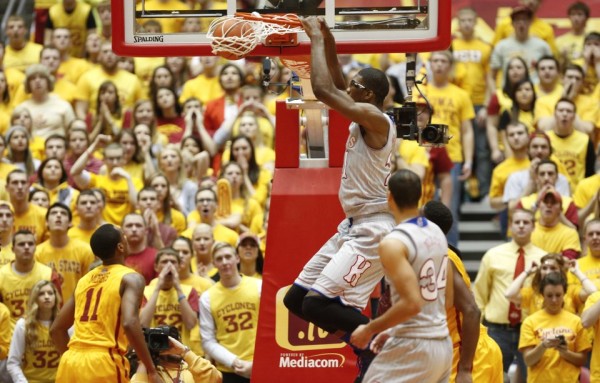Otskey’s Observations: On Duke’s D, Florida’s Struggles & Best Conference…
Posted by Brian Otskey on December 2nd, 2014Throughout the season, RTC columnist Brian Otskey (@botskey) will run down his observations from across the nation.
Duke’s Defensive Hiatus Is Over
If you’re a Duke basketball fan, you have to be encouraged by your team’s 7-0 start to the 2014-15 campaign. Coach Mike Krzyzewski’s top-ranked recruiting class has made, as expected, an immediate impact. Point guard Tyus Jones has been outstanding, averaging a six to one assist to turnover ratio in 27 minutes per game. When you have a steady floor general like Jones who can set up an offense with boatloads of talent, anything is possible offensively for Duke. But what I’d like to discuss is the Blue Devil defense, an area where we have seen the most change since last year’s Duke team was upset by Mercer back in March. Duke’s adjusted defensive efficiency has improved a whopping 101 spots year over year, from No. 116 in 2013-14 to No. 15 so far this year. The Blue Devils are back to being an elite defensive team, a staple of Coach K’s 34-plus year run in Durham. The biggest reason why is the roster turnover. Last year’s team had a non-traditional lineup, starting two 6’8” players and one listed at 6’9”. Specifically, Rodney Hood and Jabari Parker were primarily offense-oriented players who liked to drift out to the perimeter and provided little on the defensive end of the floor. Once opponents were able to get by Duke’s guards, there was little to resist them in the paint. Without a strong front line to defend the basket, the Blue Devils’ interior defense suffered mightily. Duke allowed opponents to shoot 50.3 percent from two point range last season.
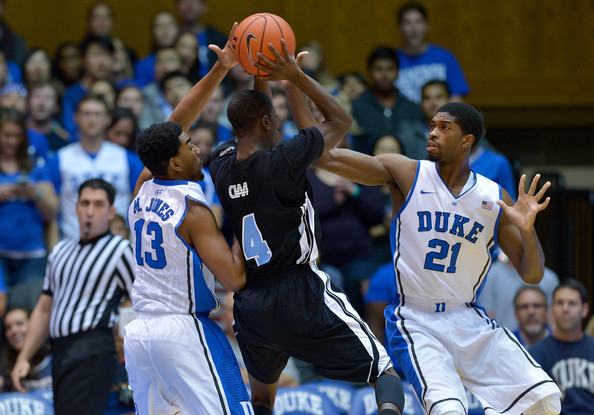
Duke’s roster turnover has made it better defensively.
(Photo: Grant Halverson/Getty Images North America)
Fast forward to the current season and that number has dropped to 45.9 percent as we enter December. That one category is still not elite by any means, but Duke makes up for that by fouling considerably less than it did last year and forcing more turnovers. The result is an overall defense that is night and day from last year. While Jahlil Okafor is more known for his offense, he does provide a more traditional presence in the middle and that alters shots. Duke’s frontcourt that runs 6’6”, 6’9” and 6’11” this season as opposed to last year’s non-traditional lineup makes a big difference defensively. This group has a lot of room still to grow defensively and I expect them to become even better on that end of the floor as the season moves along. You have to have a strong defense to win a national championship and Duke is back to being a contender this year because of it. Last year, we could not say the same despite garnering a No. 3 seed in the NCAA Tournament.
Florida’s Early Season Struggles






























